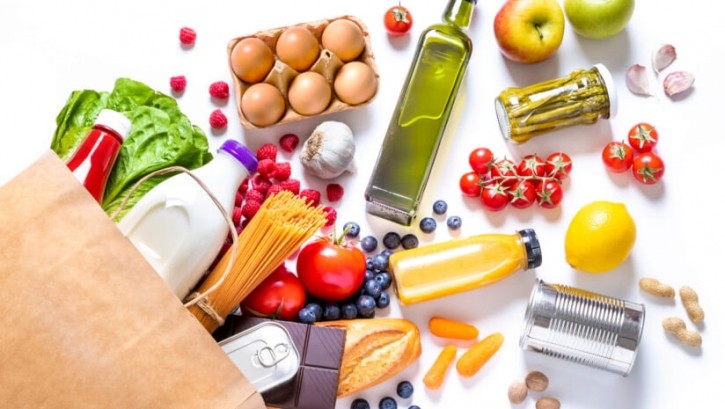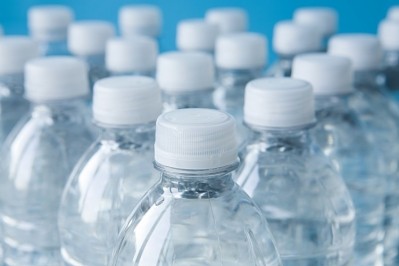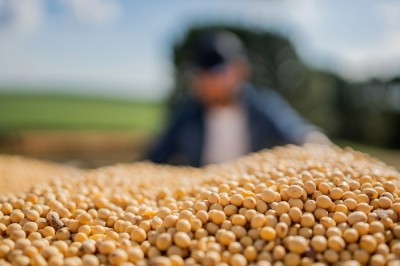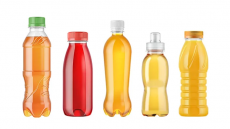Governments urged to push reusable packaging policies

New research follows an update to the EU Packaging and Packaged Waste Regulation and claims greenhouse gas emissions could be cut by over half if foodservice operators implement a reusable-only policy on their premises.
A trial, carried out by waste action group Zero Waste Europe, showed Danish city Aarhus and Berlin, Germany, managed to cut greenhouse gas emissions 54% and 34% respectively where the reusable policy was enforced.
“Nobody can question the fact that reuse systems for takeaway packaging are needed to address our waste crisis,” says Zero Waste Europe packaging and reuse policy officer Larissa Copello.
“But without serious scale and rock-solid framework, it’s just not going to cut it. Single-use plastic still dominates the market, with reuse playing catch-up. It’s time to level the playing field through policy intervention to unlock reuse’s potential.”
The report follows evidence that food contact chemicals – some known to be harmful to health – are present in humans at levels higher than expected.
Supermarkets ditch refillable food aisles
Although, Zero Waste Europe’s report – Facilitating the Adoption of Takeaway Reuse Systems – focuses on the environmental and economic impact of reusable packaging.
Six single-use and reusable takeaway packaging systems based on the two city case studies were explored by the report, which acknowledged big differences between the formats.
However, “vendors in cities like Aarhus and Berlin could see cost savings covering takeaway drinks cups and foodservice formats while large businesses may face higher costs due to the economies of scale favouring single-use packaging”.
The report follows rising interest in refillable packaging among supermarket consumers, with Carrefour introducing refill stations for dried goods like cereal and pasta in some of its Belgian and French stores.
But in the UK, brands like German discounter Lidl and Asda scrapped their refillable sections in trial stores, citing cost and a “lack of consumer appetite” for doing so.
To maintain engagement and keep costs low within foodservice, Zero Waste Europe suggested public authorities implement a series of levies or taxes to create fair competition.
Outright ban on single-use plastics
As well as levelling the playing field, it was suggested local governments encourage a gradual shift through targets and even a countdown to an outright ban.
“As pioneers of a future where reusable packaging becomes mainstream, we need to create a level playing field with single-use alternatives,” says New European Reuse Alliance director general Fernando Rodriguez-Mata.
“We need policies that provide the conditions and incentives to transition to well-designed reuse systems, unlocking their full environmental and economic potential.”
Single-use plastic had to be uprooted out of society and consumers and businesses convinced to stop viewing it as convenient, warns Plastic Change managing director, Louise Lerche-Gredal.
“The massive consumption of plastic has led to plastic pollution affecting our environment, biodiversity, climate and health,” she says.
“The only way to mitigate the consequences from plastic is to reduce the demand for plastic. When we move from single-use to reuse of our products, we reduce the need to extract new resources from the planet and we reduce the negative consequences from increasing plastic production.”
























